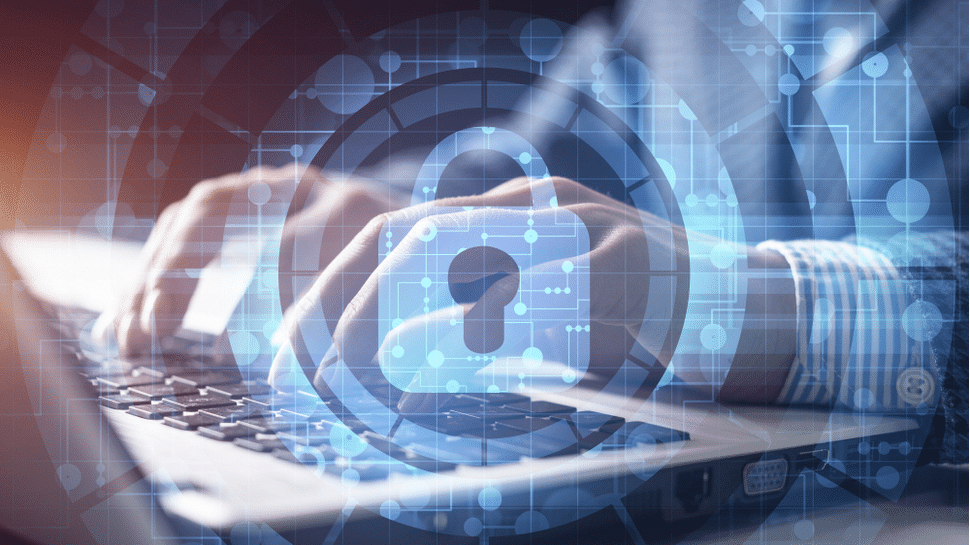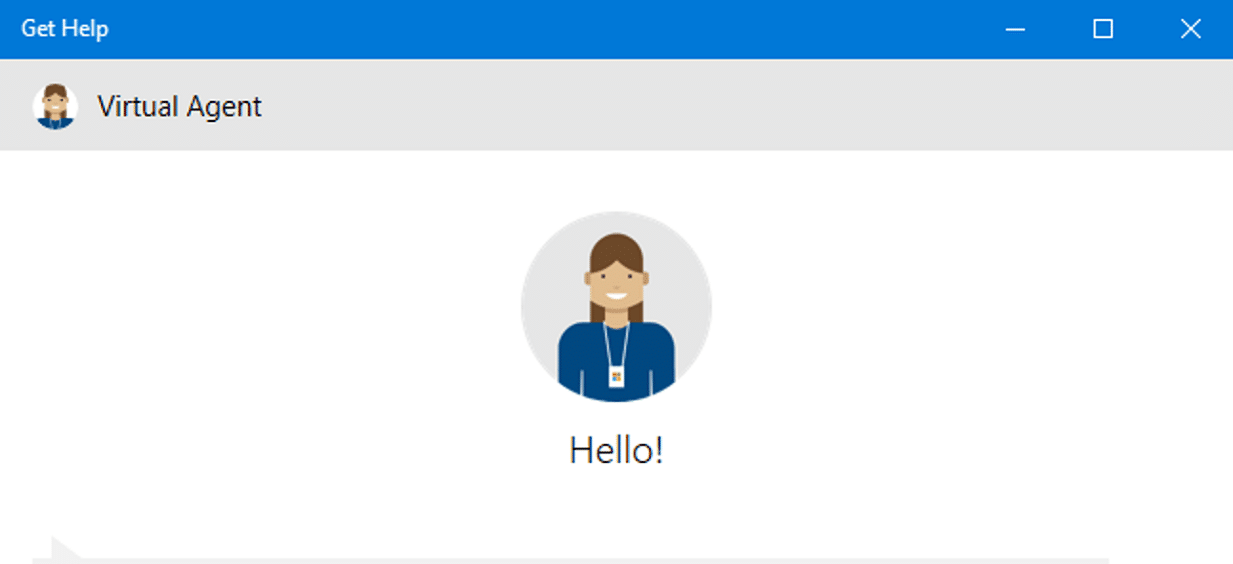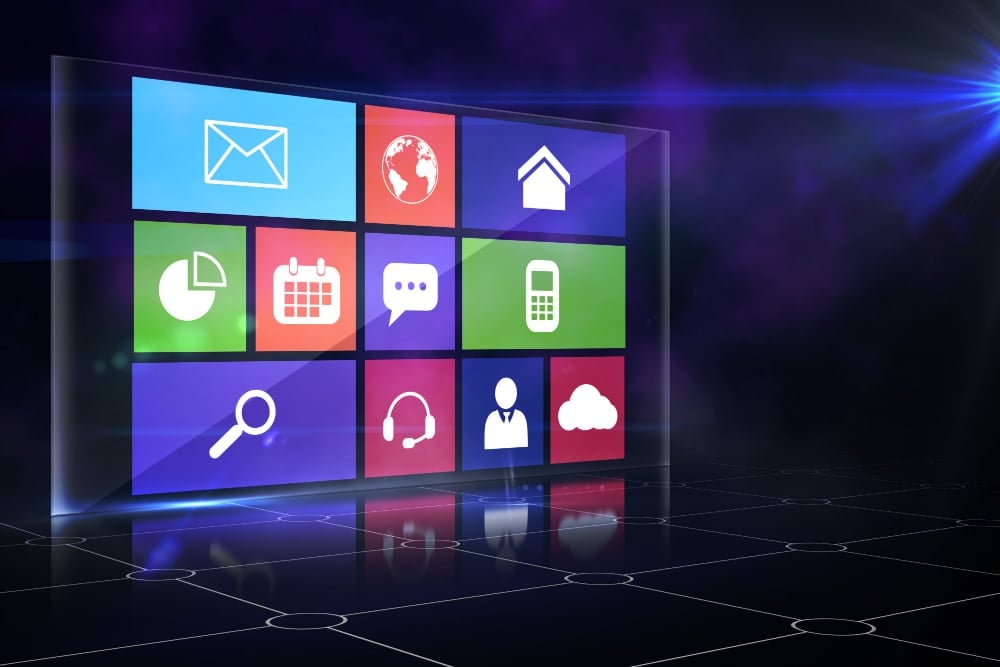The term antivirus software refers to the computer utility software which protects the system against all kinds of threats which can either harm the computer’s functionality or lead to a security and privacy breach. The threats referring to the computer malware include all the malicious software of various kinds. These include viruses, worms, trojans, adware, spyware. Some of the computer malware propagate by sneaking into the computer through a host, other may channel through self-replication or may deceive the user into downloading them himself.
Without an antivirus software, a computer is highly vulnerable against all kinds of threats which can range from disrupted system functionality, interrupted connectivity, destruction of data, leakage of information, stealing of identity, creation of backdoor channels for hackers and much more. Since viruses and other malicious programs are now being coded by professionals for the sake of earning money by hook or by crook, leaving a computer unprotected is not an option. For this reason, a basic understanding of antivirus software is necessary.
Working of Antivirus Software
All antivirus programs use only two kinds of methods to detect presence of malware in a system or online, namely the signature detection and the behavioral detection methods.
There are signature components of several kinds of malware, ranging from worms and viruses to adware and spyware. An antivirus software scans all the files or codes, whether stored in the system itself or present on the internet. The codes of each file or program are compared to the standard set of codes built in the software’s database during scanning. If the codes match the signature, the malware is identified and eliminated using the set anti-codes. This is how an antivirus software using the signature detection technique works. This method resembles the human immune system in its mechanism which reads the bacteria to identify if these are harmful and uses the antibodies present in the human body to counter these malicious bacteria.
Using the behavioral detection method, the antivirus software does not compare programming codes to an established set of codes to identify the presence of malware and then to eliminate it. On the contrary, the software reads the behaviors of the software and programs to detect irregularities in the standard working. If a program acts in an irregular manner or causes unusual activity in the system such as accessing protected codes or altering the system settings, the antivirus software working according to the behavioral detection mechanism will identify the irregularity and deliver an error report to the user. Once the error report is delivered, the user is requested to use the elimination technology built in the software to eliminate the virus or bug. There is, however, a problem with this technique. Software working by the behavioral detection method will not be able to identify presence of malware until the system begins to show irregularities which implies that the system would already be infected and damage would have been done. It may be able to identify presence of malware but this mechanism can by no means ensure prevention from infection.
It is to be made a point that no antivirus software regardless to the method of its working can fully secure your computer against all kinds of threats. Viruses and other kinds of malware are getting more dangerous and complicated by the day. While there is development in every field of computing, the threats are becoming advanced as well. One must take caution to every possible extent because it better to be safe than sorry. Antivirus software are no longer a luxury but a necessity for all computer users, public and private.
Tips for Antivirus Usage
It is a matter of fact that no matter how comprehensive a security utility is, every antivirus software has a capability of being vulnerable against one kind of threat or another. Here is a set of important tips for usage of antivirus programs to keep the computers as much secure as possible.
- Always download and install your antivirus utilities from a trusted source. Do not follow the ads on the internet or third-party clients.
- Make it a point to ensure complete configuration of your antivirus software. A wrongly configurated utility can do more harm than good.
- Be sure of having the latest version of the antivirus. Threats change in nature every day, new viruses clutter the internet and the system’s vulnerability against these dangers is every increasing. Latest versions are equipped with the best features to counter the newest forms of threats. An outdated antivirus software will be less effective with each passing day.
- Always pay attention to the warning that are issued, check error reports and fix the errors with your antivirus utility at the earliest.
- Do not install more than one antivirus software, Multiple utilities would conflict with one another hampering the efficiency of each which would ultimately compromise the system security itself.
- Never uninstall an antivirus only because it is consuming disc space or slowing down your computer. Try updating the antivirus or contacting the vendor to report the problems and seeking solutions. An unprotected computer is the most vulnerable.
Top Antivirus Software
Antivirus software are now flowing the software market more than ever because of the increasing threats. There is a large number of products with each claiming to be the best. You should not just install any product because it claims something. If you do not find the built-in Windows Defender or any OS integrated software as sufficient, you may consider one of the following utilities which have been in use for decades and have been known for deliverance.
- Avast Free Antivirus
- Norton AntiVirus
- McAfee AntiVirus
- AVG AntiVirus Free
- BitDefender Antivirus Free
- Kaspersky Internet Security
- Avira Free Antivirus
Summary
An antivirus is a software program which can protect your computer against any kind of malicious software. These software may work by comparing program codes to standard set of malware codes for detection or identify functional irregularities to report presence of malware. An unprotected computer is the most vulnerable so users must install a trusted and acclaimed antivirus software.



